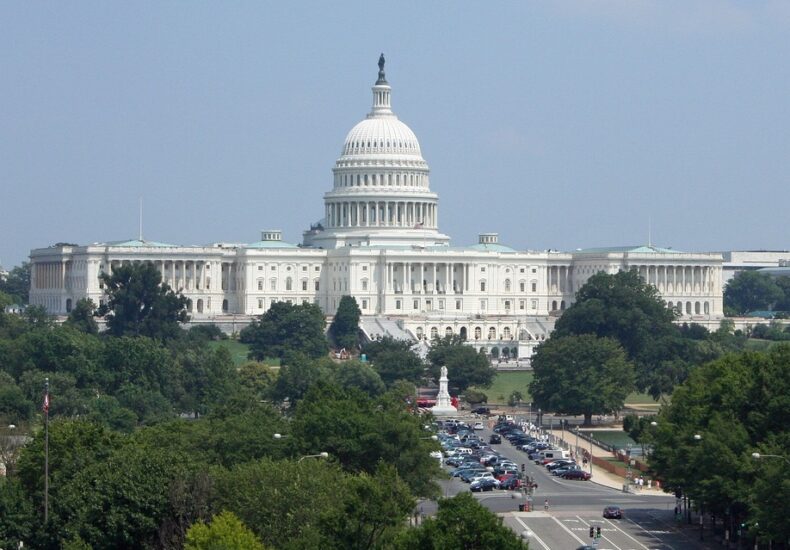
The Evolution of Kurdish Political Parties and Movements
The Evolution of Kurdish Political Parties and Movements
The Kurdish people, an ethnic group spread across several countries in the Middle East, have a long history of political struggle for autonomy and recognition of their rights. Over the years, numerous political parties and movements have emerged to represent the interests of the Kurdish population and advocate for their cause. This article aims to explore the evolution of Kurdish political parties and movements, highlighting key milestones and developments.
Early Independence Movements
The quest for Kurdish independence dates back to the early 20th century, with the collapse of the Ottoman Empire and the subsequent redrawing of borders in the region. The Treaty of Sevres in 1920 included provisions for an independent Kurdish state, but it was never implemented. This led to the Kurdish rebellion in Turkey in the 1920s, led by Sheikh Said and resulting in a harsh crackdown by the Turkish government.
In Iraq, the Kurdish struggle for autonomy gained momentum in the mid-20th century, with the formation of the Kurdistan Democratic Party (KDP) in 1946 by Mustafa Barzani. The KDP fought against the central Iraqi government for Kurdish rights, culminating in the Kurdish uprising of 1961-1970. The failure of negotiations with the Iraqi government led to a brief period of autonomy in Iraqi Kurdistan, which was later revoked by Baghdad.
Emergence of New Political Parties
In the aftermath of the Kurdish uprisings in the 1960s and 1970s, several new political parties and movements emerged to represent the diverse interests of the Kurdish population. The Patriotic Union of Kurdistan (PUK) was founded in 1975 by Jalal Talabani, a rival of Mustafa Barzani. The PUK focused on socialist principles and a more inclusive approach to Kurdish politics.
Another prominent political party that emerged during this period was the Kurdistan Workers’ Party (PKK) in Turkey, founded in 1978 by Abdullah Ocalan. The PKK initially aimed for Kurdish independence but later shifted its focus to a broader Marxist-Leninist ideology and the struggle for Kurdish rights within Turkey.
Political Developments in the 1990s
The early 1990s saw significant political developments in Iraqi Kurdistan, with the signing of the 1991 Gulf War ceasefire agreement and the establishment of a no-fly zone in northern Iraq. This allowed for a degree of autonomy for Iraqi Kurdistan, leading to the formation of the Kurdistan Regional Government (KRG) in 1992.
Following the Gulf War, tensions between the KDP and PUK escalated into a civil war in the mid-1990s, resulting in a division of governance in Iraqi Kurdistan. This period marked a turning point in Kurdish politics, with both parties consolidating their power and influence in the region.
Recent Developments and Challenges
In recent years, Kurdish political parties and movements have faced new challenges and opportunities in the changing political landscape of the Middle East. The Syrian civil war and rise of ISIS have brought Kurdish forces to the forefront of the conflict, particularly in Rojava (Syrian Kurdistan) where the Democratic Union Party (PYD) has established self-rule.
In Turkey, the PKK has been engaged in a long-standing conflict with the Turkish government, leading to a series of peace talks and ceasefires that have ultimately broken down. The Turkish government’s crackdown on Kurdish political activists and arrests of elected representatives have further strained relations between Ankara and the Kurdish population.
The Future of Kurdish Politics
Looking ahead, the future of Kurdish politics remains uncertain, with ongoing conflicts and divisions among various Kurdish political parties and movements. The quest for autonomy and recognition of Kurdish rights continues to be a central issue for the Kurdish people, with different factions advocating for diverse approaches and strategies.
Ultimately, the evolution of Kurdish political parties and movements reflects the complex history and aspirations of the Kurdish people, shaped by a legacy of struggle and resilience in the face of adversity. As the political landscape in the Middle East continues to evolve, the Kurdish quest for self-determination and autonomy will undoubtedly remain a key focus for years to come.
Leave a Reply